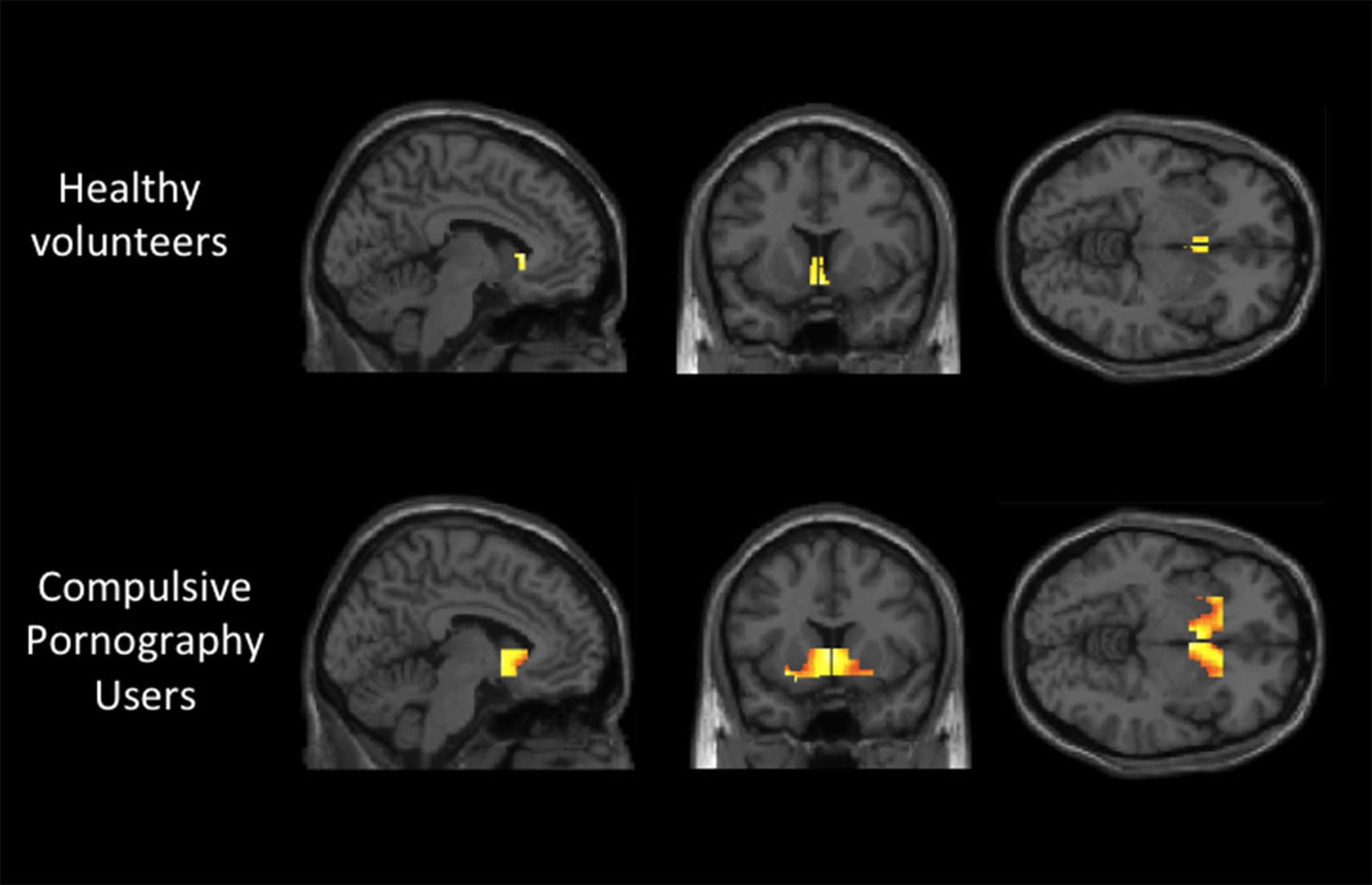Research Explores Problematic Pornography Use's Impact on Male Brain, Citing Addiction-Like Patterns

A recent social media post from "Path of Men" has ignited discussion by asserting, "Porn is the worst drug for men." This strong claim underscores ongoing debates and scientific inquiry into the psychological and neurological effects of pornography, particularly concerning its potential for addictive patterns and negative consequences on men's health and relationships. Research into problematic pornography use (PPU) and compulsive sexual behavior (CSB) reveals complex impacts that draw parallels to substance addiction.
Neuroscientific studies have investigated the brain's response to pornography, with some findings indicating similarities to drug addiction. Dr. Valerie Voon's research at the University of Cambridge, for instance, found that brain activity in individuals with compulsive sexual behavior mirrored that seen in drug addicts when exposed to relevant stimuli. These studies often highlight the activation of reward pathways involving dopamine, suggesting that problematic pornography use can lead to sensitization and craving, where individuals "want" more despite not necessarily "liking" it, a phenomenon also observed in drug addiction.
While major diagnostic manuals like the DSM-5 do not formally recognize "pornography addiction," the ICD-11 includes "Compulsive Sexual Behavior Disorder" (CSBD), acknowledging a pattern of failure to control intense sexual urges despite negative consequences. This distinction points to a growing recognition within the medical community of the distress and impairment associated with excessive pornography consumption. Experts emphasize the need to differentiate between casual use and problematic patterns that lead to significant life disruption.
The psychological effects on men linked to problematic pornography use are varied and concerning. These can include the development of unrealistic sexual expectations, leading to dissatisfaction in real-life relationships. Studies also suggest associations with sexual dysfunctions such as erectile dysfunction (ED) and delayed ejaculation, as well as increased anxiety, depression, and negative body image concerns. Some research indicates that men who prefer masturbation to pornography over partnered sex may face a higher risk of sexual dysfunction.
However, the scientific community cautions against oversimplification, noting that much of the research establishes correlation rather than direct causation. Factors such as pre-existing mental health issues, relationship quality, and moral incongruence can mediate the impact of pornography use. While moderate use is often considered harmless and can even serve as a tool for sexual exploration for some, the increasing accessibility and variety of online content underscore the importance of understanding its potential for adverse effects on men's well-being.